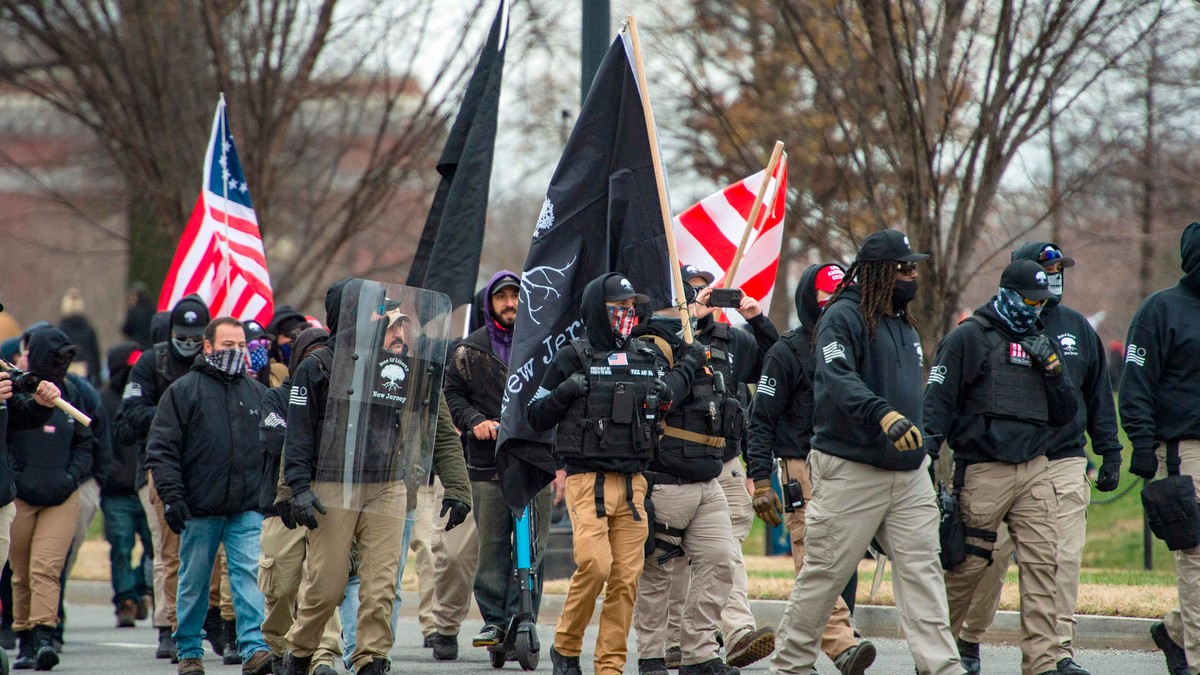First off I don't know if Zimmerman was a "Good Shoot"
If it was he screwed his own case himself.
The law is not there to trip someone up. But people trying to cover their ass and add or delete specifics about their incident cause questions, that the prosecutors feel should be answered by a jury.
Listen to Protective Measures, he is usually correct.
Yes he is. That's why I'm pursuing a clear answer.
Also, what information has Zimmerman changed in his statements? That's a legit question, not a smart ass one.







